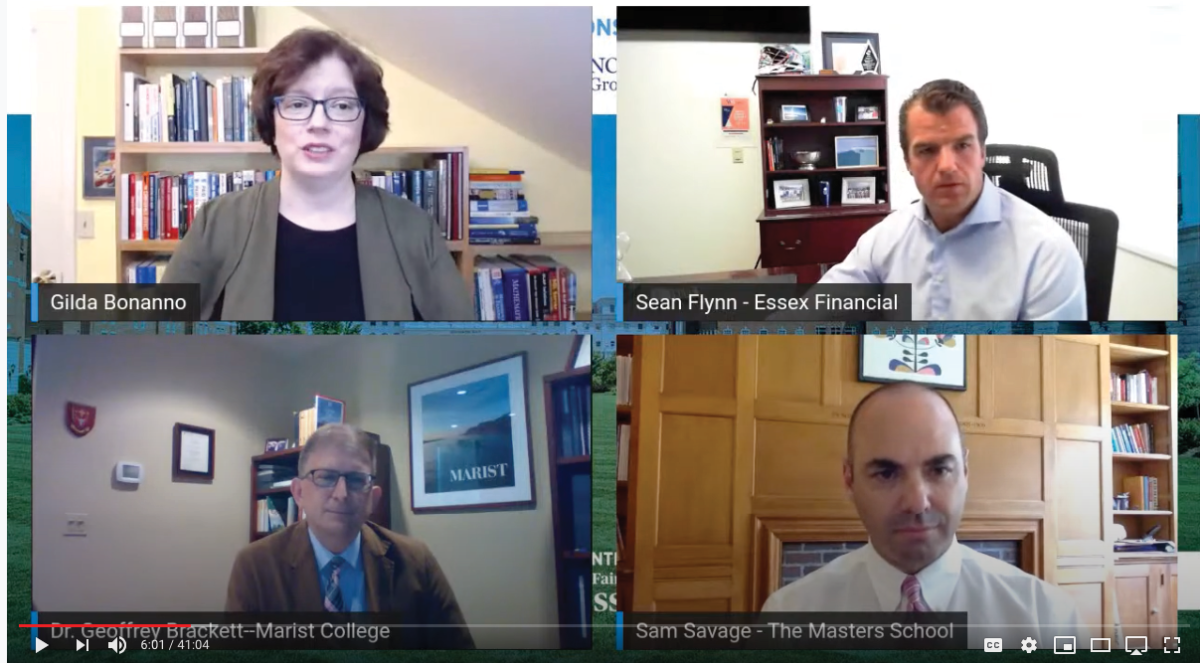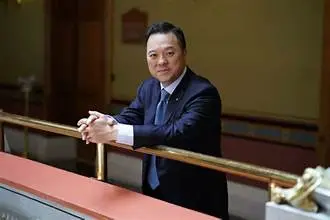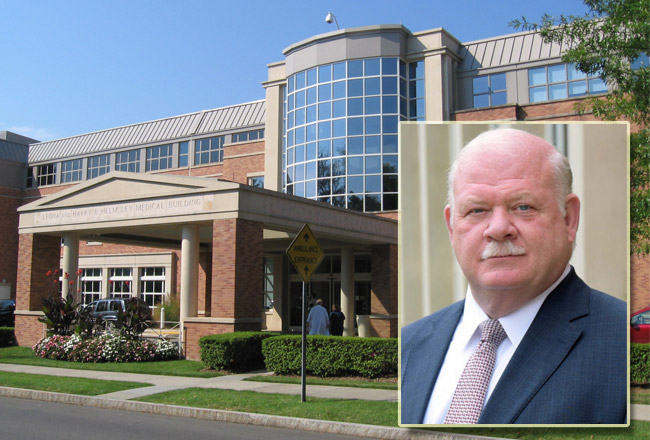
Against the current background of public school systems and private schools preparing contingent plans for September reopenings, and many institutions of higher education already announcing plans to reopen with at least limited on-campus classes for the fall, Westfair Communications presented the webinar “Reopening Education: The Path Forward” on June 25.
Westfair publishes the Westchester County Business Journal, Fairfield County Business Journal, WAG magazine and digital newsletters.
The panelists included: Geoffrey Brackett, executive vice president of Marist College in Poughkeepsie; Sean Flynn, a financial adviser with Essex Financial in Southport; and Sam Savage, associate head of school and dean of faculty at The Masters School in Dobbs Ferry. The moderator was consultant Gilda Bonanno who, through Gilda Bonanno LLC based in Darien, works with executives, entrepreneurs and leading organizations to create strategies and tactics for communication and leadership success.
Flynn said that some people with whom he was dealing who had children either in college or about to enter found themselves in changed financial situations when the pandemic hit. He said that it was his experience that the financial aid offices at colleges genuinely wanted to help students qualify for financial aid.
“Here in Connecticut 10% of the people are unemployed as well as a lot of people being furloughed as well as people with their wages being cut and I could go on and on with what”™s happening with the pandemic,” Flynn said. “But the schools I”™ve been working with with my clients, they”™ve been very good to react and get back to people very quickly.”
Brackett said that when the pandemic hit, the number one issue at Marist College was the health and safety of the community.
“It”™s a once-in-a-century type event. We had to move very quickly,” Brackett said. “We had 270 of our students, including 160 at our branch campus which is in Italy, that we had to coordinate to get back home. So, we supported them financially with funds for change-of-ticket fees and kinds of things like that. We coordinated every day to be ensure that we were working directly with the airlines … with government officials, etc., to ensure safe passage back to America.”
Brackett said Marist transitioned 1,700 courses from on-campus teaching to an online platform.
“We”™ve long been an innovator in technology and online learning so the pivot that we made was predicated on our expertise with our own in-house learning management system that we developed over several years,” Brackett said.” We”™ve learned more lessons about that and we going into the future environment will have a much stronger hybrid learning platform as a result of that.”
He said that Marist”™s board of directors has decided to hold the line on tuition for the next academic year.
Savage said that The Masters School also was faced with the challenge of ensuring that all of the students who boarded on the campus got home safely and then worked to transition them and the day students to online learning.
“Two principles really guided us and were very helpful in our response. The first was the idea of embracing a sense of opportunity amidst all these challenges and thinking of our faculty and our conversation early on saying this is a huge change … and what are the opportunities we have to grow as educators and to work with students in new ways,” Savage said. “It”™s been a wonderful thing to see the way our faculty really embraced that.” He said the second principle dealt with equity and how could the school do its best to meet the needs of all of its students.
Brackett said, “The leveraging of technology in new ways to support that total education is something that ties into our long history. This has brought the importance of community and learning and meaningful education to the forefront.” He said the period of forced innovation that the pandemic has caused also is going to accelerate making affordable the kind of global higher education experience that Marist provides.
Brackett said that Marist generally receives about 11,000 applications for about 1,100 student openings but would welcome hearing from those in or close to the Hudson Valley who are who are interested in remaining closer to home right now.
Flynn said that financial planning to cover college costs is one thing that families can control and they should never feel reluctant to call an institution”™s financial aid office to see what”™s being offered.
“In regard to your kids, maybe they”™re freshmen in high school, maybe they”™re a bit younger, now is the time to start planning,” Flynn said.
Savage said, “We here at the Masters School have a fundamental belief that we in our community and then broadly, that we know that it will be OK, that we are going to get through this together and we are a strong community within a strong community in this area. The response broadly to the pandemic in this area has been again navigating some very difficult moments and we have shown that we can get through that. There”™s much uncertainly ahead and there”™s not much we can do to change that but I think what we”™ve been able to do at Masters and what we”™ve been able to do more broadly in this area is a testament to how we band together for our shared interests.”
The webinar was presented by The Masters School, Essex Financial The Southport Group, Marist College and The Bristal.






















